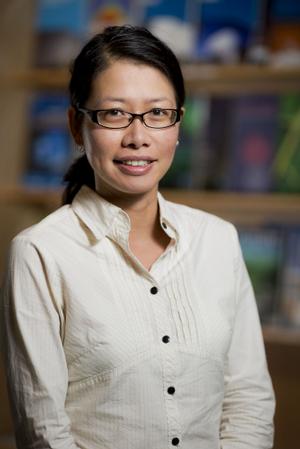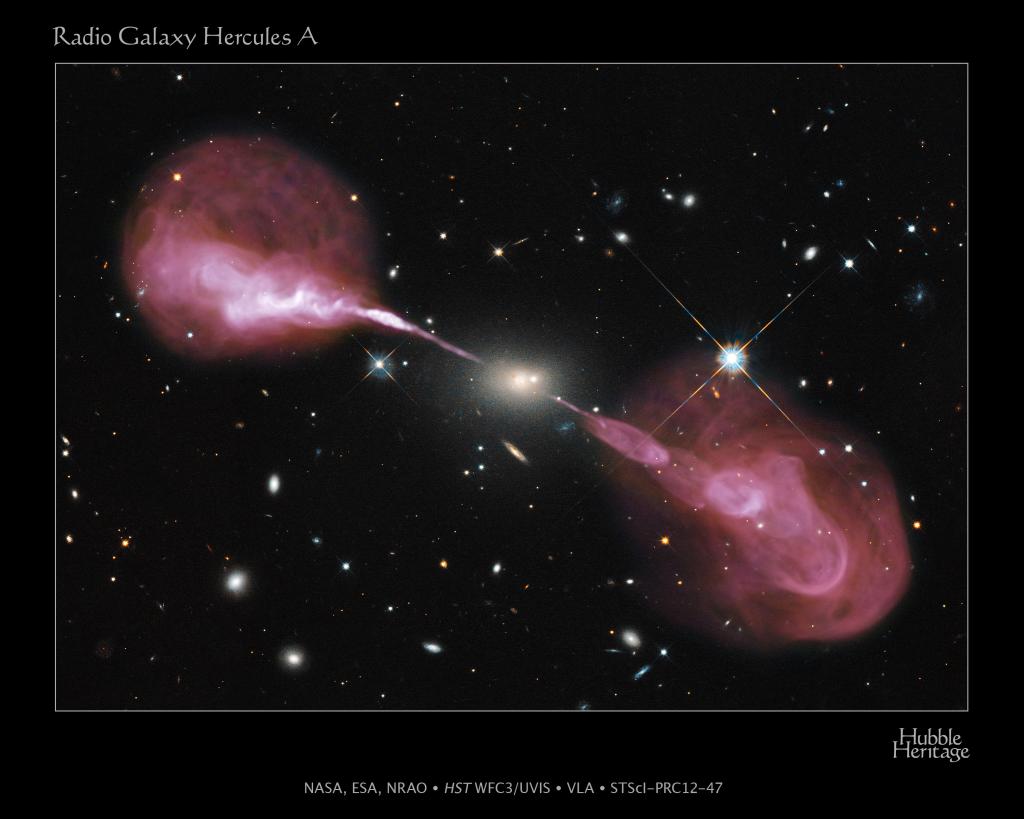报告题目:Radio Galaxy Zoo and galaxy evolution(射电星系动物园与星系演化)
报告时间:6月17日(一) 下午 16:40 ~ 18:00
报告地点:闻天楼南楼208会议室
报告人:Dr. Ivy Wong (University of Western Australia)
报告摘要:The physical processes that govern how galaxies form and evolve across cosmic time is one of the main open questions to be addressed in the upcoming decade. Astronomers in the past decade have made excellent progress with charting the evolution of star formation rates and stellar mass across cosmic time via large optical and infrared surveys. A new era of discoveries is nearly upon us with the advent of the new surveys that will be starting to use the next-generation radio telescopes. The upcoming Evolutionary Map of the Universe (EMU) all-sky radio continuum survey using the Australian Square Kilometre Array Pathfinder (ASKAP) expects to detect millions of radio sources. Morphological classifications of radio galaxies have traditionally been done by eye but these are practical only for samples of up to a few thousand radio sources. Radio Galaxy Zoo is an online citizen science project that enlists the help of the public to cross-match radio sources, often with complex structure, to host galaxies in infrared images. In this talk, I will briefly describe the discoveries from project and the new areas of studies that this project has inspired.
报告人介绍: Dr Ivy Wong is an Australian research astronomer working as an ICRAR Research Fellow in Perth at the International Centre for Radio Astronomy Research (ICRAR) hosted by the University of Western Australia. Dr Wong studies the physical mechanisms that drive galaxy evolution in nearby galaxies. The open questions that she currently studies are: how do galaxies get gas to form stars; how central supermassive black holes grow (AGN); what is the impact of AGN versus the impact of a galaxy’s environment in shaping the star formation history and evolution of a galaxy. Ivy is primarily a radio astronomer (specialising in large all-sky surveys of atomic Hydrogen and radio continuum), who is also an expert in observations using space-based telescopes in the ultraviolet and infrared, as well as ground-based optical imaging and spectroscopy. In preparation for the upcoming start of the next-generation radio surveys, Ivy’s current research interests include the development of alternative techniques such as citizen science and applications of machine learning algorithms to help tackle the big deluge of data that we are expecting from these next-generation radio telescopes and surveys. Ivy currently leads the Radio Galaxy Zoo citizen science project that is publishing new discoveries from archival data that dates back nearly 20 years. Ivy obtained her PhD in Astrophysics from the University of Melbourne in 2008 and worked as a postdoctoral fellow at Yale University (USA) and an Australian Research Council Super Science Fellow at CSIRO Astronomy & Space Science (Sydney) prior to moving to ICRAR/UWA for a second Super Science Fellowship.
Dr Ivy Wong is an Australian research astronomer working as an ICRAR Research Fellow in Perth at the International Centre for Radio Astronomy Research (ICRAR) hosted by the University of Western Australia. Dr Wong studies the physical mechanisms that drive galaxy evolution in nearby galaxies. The open questions that she currently studies are: how do galaxies get gas to form stars; how central supermassive black holes grow (AGN); what is the impact of AGN versus the impact of a galaxy’s environment in shaping the star formation history and evolution of a galaxy. Ivy is primarily a radio astronomer (specialising in large all-sky surveys of atomic Hydrogen and radio continuum), who is also an expert in observations using space-based telescopes in the ultraviolet and infrared, as well as ground-based optical imaging and spectroscopy. In preparation for the upcoming start of the next-generation radio surveys, Ivy’s current research interests include the development of alternative techniques such as citizen science and applications of machine learning algorithms to help tackle the big deluge of data that we are expecting from these next-generation radio telescopes and surveys. Ivy currently leads the Radio Galaxy Zoo citizen science project that is publishing new discoveries from archival data that dates back nearly 20 years. Ivy obtained her PhD in Astrophysics from the University of Melbourne in 2008 and worked as a postdoctoral fellow at Yale University (USA) and an Australian Research Council Super Science Fellow at CSIRO Astronomy & Space Science (Sydney) prior to moving to ICRAR/UWA for a second Super Science Fellowship.
